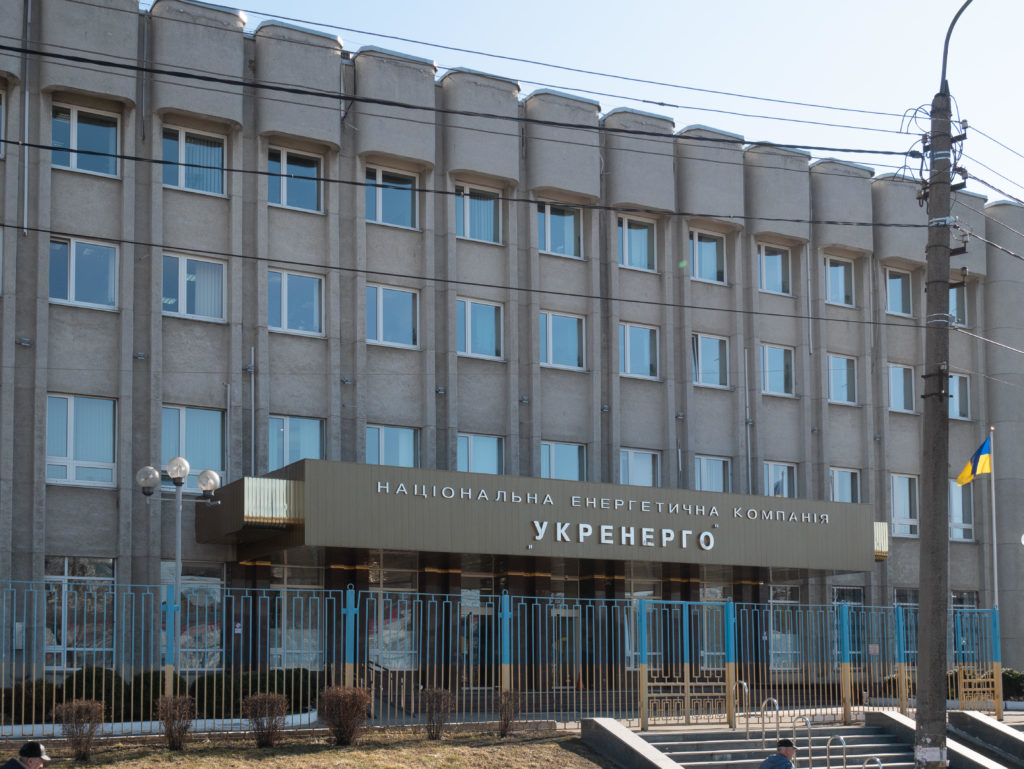KYIV
Ukraine’s state-run electricity grid operator Ukrenergo plans to issue Eurobonds worth about 22.8 billion hryvnias ($865 million) in 2021 under state guarantees to raise funds to pay off a debt to green energy producers.
The debt to renewable energy producers has been piling up since last year amid a declining economy, when the government said that it was not able to pay the high tariffs which had been introduced several years ago to stimulate the construction of solar and wind farms, Reuters reported.
As of June 1, Ukrenergo owed the Guaranteed Buyer, the state-owned purchaser of renewable electricity, 15.7 billion hryvnias, of which 4.1 billion hryvnias was a run-up in 2021.
In 2020, Ukrenergo registered losses of 27.5 billion hryvnias, compared to a profit of 1.86 billion hryvnias in 2019.
Since new electricity market rules came into place in July 2019, Guaranteed Buyer’s debts to renewable energy producers have been a running problem for the Ukrainian government and a major cause of concern for investors, who are unhappy with the state’s failure to pay the funds it contractually owes.
According to Ukrainian Wind Energy Association chairman Andriy Konechenkov, four of the six largest banks in Ukraine — Oschadbank, Ukreximbank, Ukrgazbank, and Privatbank — have all “said they are halting the financing of renewable energy projects until the situation on the market is fixed”.
At the end of 2019, Ukraine invested almost $10 billion in renewable energy, with $6.2 billion being invested in 2018-2019, making it one of the top five sectors for investment in the economy. This enabled Ukraine to increase its power generation from renewables to 6.8 gigawatts at the end of 2019 compared to 999 megawatts at the end of 2015, with solar plants showing the biggest increase.
In April, Ukraine’s Environment and Natural Resources Ministry presented a draft of the second nationally determined contribution of Ukraine to the Paris Agreement, setting out its relevant objectives. The document proposes to reduce greenhouse gas emissions in Ukraine by 65 percent by 2030 compared to 1990 and recommends that the number of coal-fired power plants and closed coal mines should be reduced. In addition, the document predicts a 30 percent increase in heat production through the use of biofuels.
Greener energy provision, though it requires high initial investment outlays, will also in time generate significant savings. By 2030, the increased use of renewable energy should reduce Ukraine’s overall energy system costs, the International Renewable Energy Agency (IRENA) said in a report.

